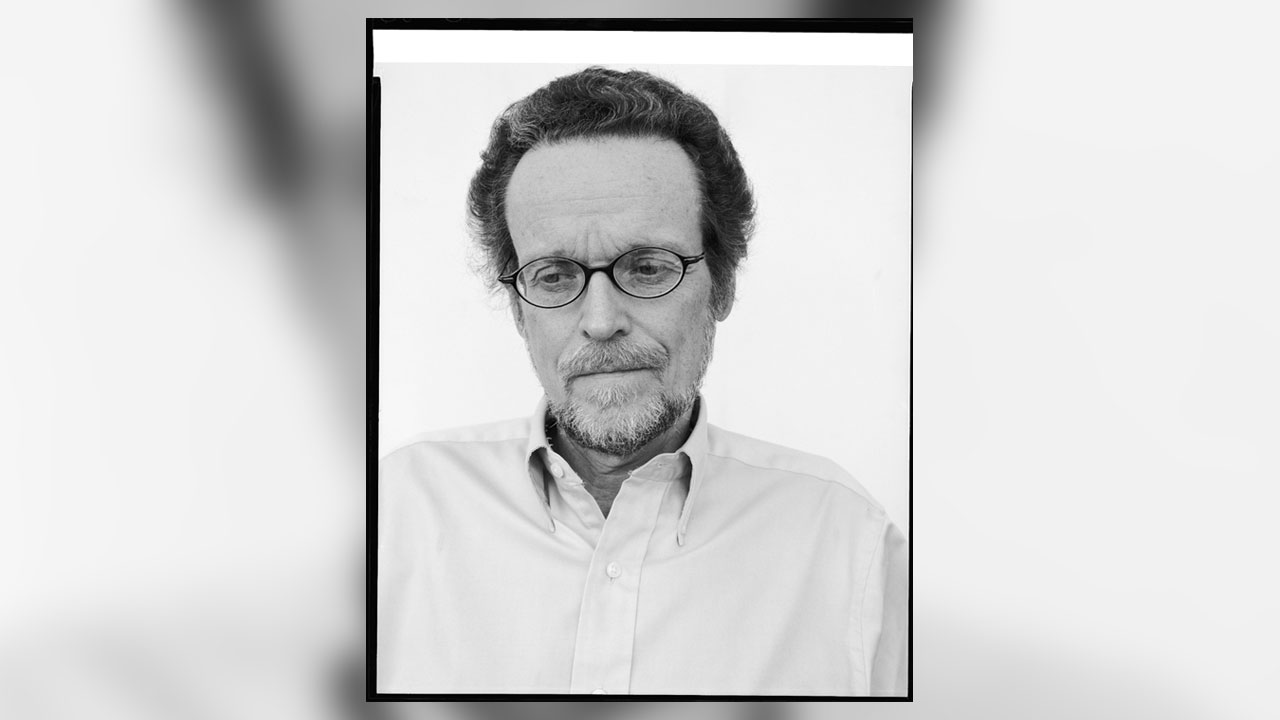[box]Thomas Pogge, Leitner Professor of Philosophy and International Affairs and the director of the global justice program at Yale University. Photo Credit: Oliver Abraham.[/box]
Thomas Pogge, Leitner Professor of Philosophy and International Affairs and the director of the global justice program at Yale University, will present “Designing for Human Rights: Food, Health, Climate” as the annual Alfred P. Stiernotte Lecture in the Grand Courtroom at the Quinnipiac University School of Law Center at 5 p.m. on Wednesday, Sept. 18.
“Well-designed social institutions hold out the hope that human rights can be fully realized even without heavy reliance on moral education, ethical self-restraint or legal punishments,” Pogge said. “The lecture will substantiate this hope by exploring better ways of organizing the production of food, the provision of health care and the protection of our environment.”
Pogge has written extensively on Immanuel Kant, considered one of history’s most important moral philosophers, and John Rawls, a leading American political thinker of the 20th century. He has also considered the accessibility of medications, global health, world poverty and questions of equality. Pogge will discuss how studying philosophy can involve being morally engaged with public and global matters.
“Pogge is a philosopher deeply committed to global justice,” said Anat Biletzki, Schweitzer Professor of Philosophy at Quinnipiac.
“Students will get a chance to hear a renowned philosopher engage with philosophical topics that impact real-world issues of policy-making and humanitarian action,” said Biletzki.
Pogge is a member of the Norwegian Academy of Science as well as president of Academics Stand Against Poverty. His recent publications include “Politics as Usual” (Polity); “World Poverty and Human Rights” (Polity); “John Rawls: His Life and Theory of Justice” (Oxford); and “Freedom from Poverty as a Human Right” (Oxford & UNESCO).
The Stiernotte lecture series is named in honor of the late Alfred P. Stiernotte, who initiated the teaching of philosophy at Quinnipiac more than 50 years ago, and has been funded largely from an endowment provided by his estate. The lecture is traditionally one of the first academic events of the year.
The lecture is free and open to the public. For more information, please call 203-582-8652.
